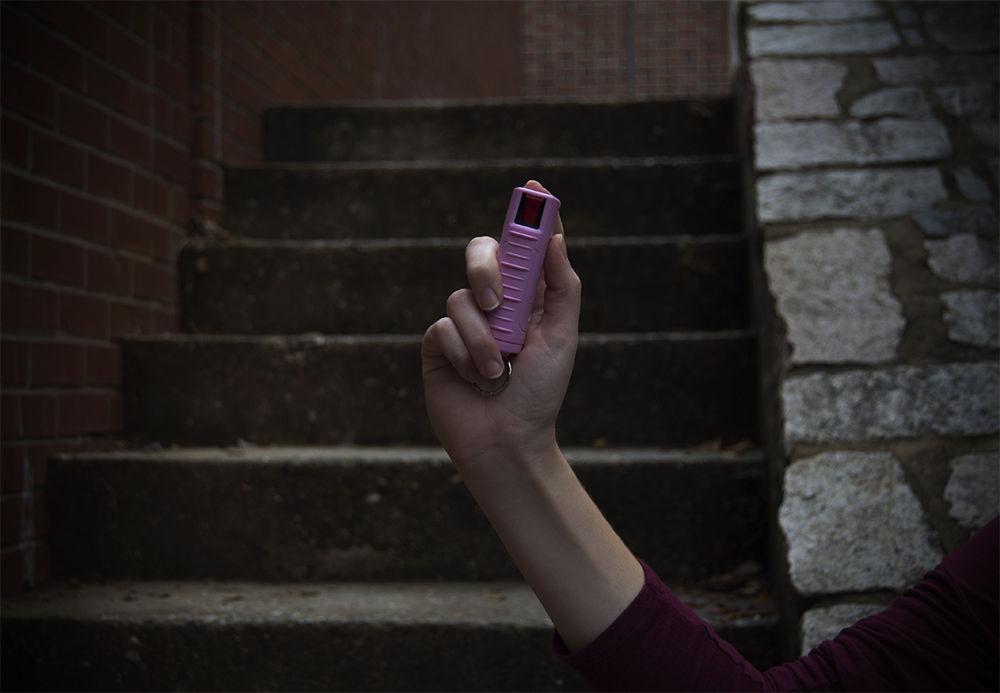The NC State University Police Department is now offering self-defense classes for women on campus known as Rape Aggression Defensive Systems (RAD). The classes, which are held across the country, are aimed at giving women defense strategies to protect themselves against sexual assault and violence.
According to NC State University Police Sgt. Tim Hammonds, the department thought bringing RAD to campus would give more options to students and staff members who are concerned with safety and self-defense.
“We think it’s always a good idea to have options available to use,” Hammonds said. “Things can happen anywhere not just on our campus, but crime happens everywhere. People need to defend themselves at times, or at least know options for defense. Even before you get to the physical defense part of it, the RAD program focuses on several aspects of prevention like maintaining awareness and making sure that you’re aware of different ways you can protect yourself.”
The RAD program requires a minimum of nine hours of class attendance and will resume classes in October and November. According to University Police’s website, women who take the class will be taught a variety of self-defense strategies, with the aid of a mock attacker, so that they may practice “full contact striking-techniques.”
According to Hammonds, RAD is now being expanded to include classes for men, children and the elderly as well. Hammonds also believes that along with helping teach self-defense, that RAD classes can build confidence in all of its attendees.
“One thing that the self- defense programs do is also they can be a good tool for building self-confidence, learning about yourself and learning about what you’re capable of,” Hammonds said. “Confidence in and of itself is a defense mechanism.”
Hammonds is encouraging anyone on campus who is interested in the classes to sign up for them.
“It teaches some skills that we hope could pretty much be useful to everyone,” Hammonds said.
Sara Forcella, NC State’s Rape Prevention Education Coordinator, believes that the RAD program can be “empowering tool” for women who participate in it, but ultimately isn’t enough to prevent rape and sexual assault on its own.
“I feel that RAD can be really great for people, and that it can be really empowering, it really just depends on how it’s being implemented,” Forcella said. “Some survivors that I’ve worked with in the past chose to take RAD because they feel that kind of gaining autonomy over their bodies again, but if RAD is the only thing that’s being done to prevent sexual violence or relationship violence, then it kind of falls into that category of victim blaming.”
Forcella, who works directly with survivors of sexual assault, believes RAD classes to be a great tool, if used in combination with other means of preventing sexual assault like bystander intervention, or what she calls a “change in the culture” that allows women to be assaulted in the first place.
“I would say that it’s great that we do offer RAD, but I think there are lots of systemic steps forward that need to be made to really get that culture change happening, not just within NC State, but within society as a whole,” Forcella said.
Forcella points out that she trusts NC State Police to handle the RAD classes, and any interactions with survivors, with empathy.
“I also know that if we’re talking about RAD through University Police, that’s something that we promote through our listserv, that we kind of stay in touch with them, and we work with our University Police a lot and they’re really great at working with survivors,” Forcella said. “Just knowing the police officers that are within the department, I feel very confident in their ability to work with survivors in an empathetic way.”








